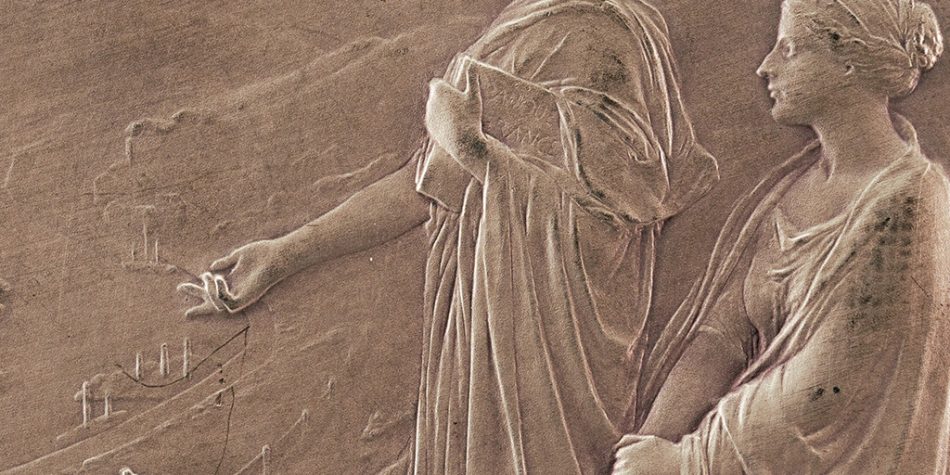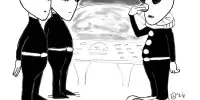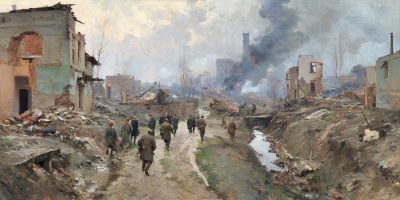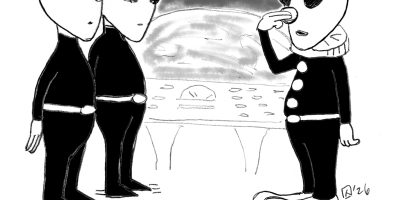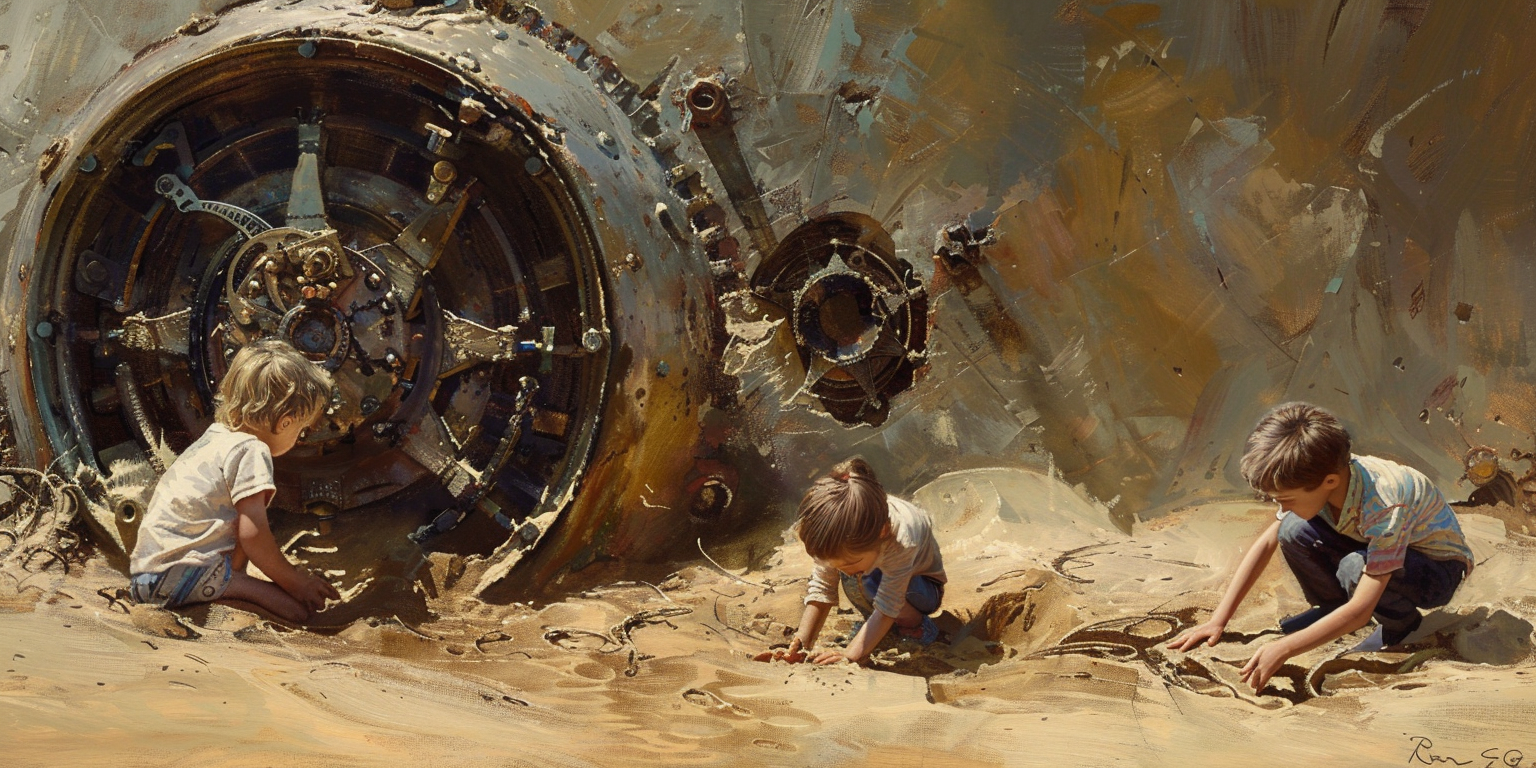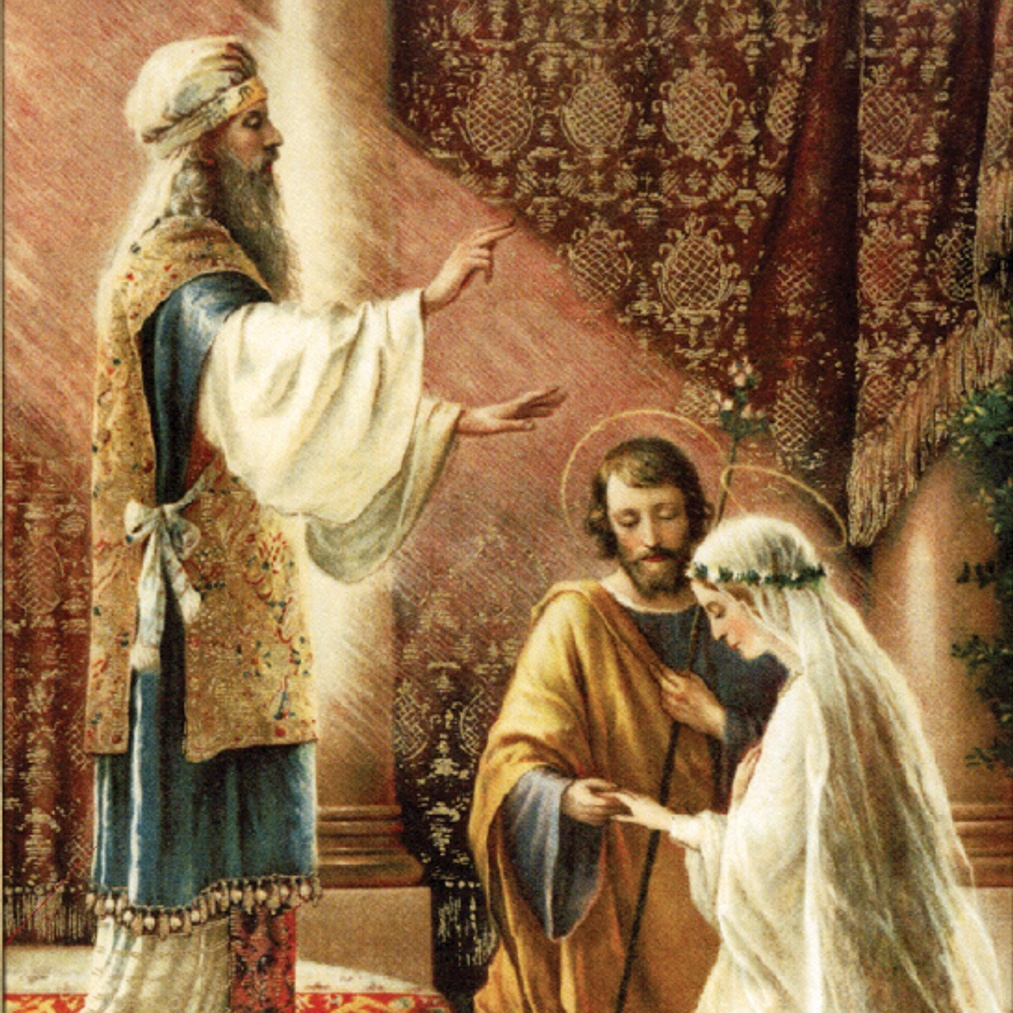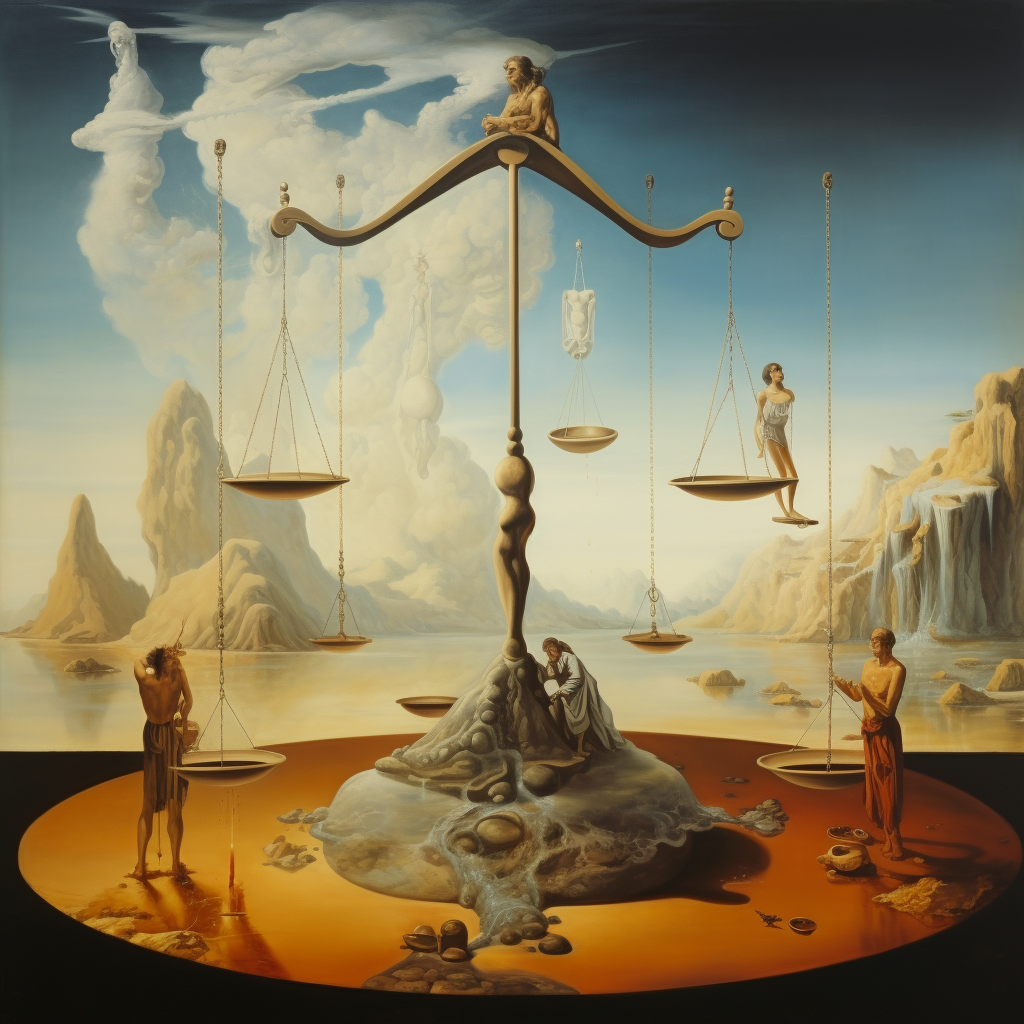Today I dropped off my youngest son for an overnight church camp out. I hugged him and drove home anxiously reassuring myself he would be okay while simultaneously praying for Heaven to watch over him. Once at home I fortuitously watched, “Murder Among the Mormons” and then Disney’s new film, “Raya and the Last Dragon.”
Watching them back to back led me through a whole gamut of feelings over the perennial struggle of interpersonal trust—which was perhaps the theme of last year or even of our entire faith. Everything I hope for but do not have irrefutable evidence for, is all based upon the trust I have within myself for the world around me. So, is the answer just to “trust each other more”?
Not exactly. Because sometimes our trust can be deeply misplaced, and when it is, it can be devastating. As a volunteer in Latter-Day Saint pastoral apologetics, I find myself watching people hurt themselves and others all the time over the inability to trust. I also find people all too willing to hand over too much of their trust to some random YouTuber who is undeserving of so much trust.
I bawled my eyes out listening to Dory Olds, Brent Metcalfe, and Shannon Flynn exposing their woundedness with trembling lips over the Mark Hofmann bombings which occurred over 40 years ago. I wish the documentary could have gone deeper into explaining the psychology of why Mark was so trusted. His eyes and facial features, his dress, his reputation, and mannerisms all fit the profile to satisfy intuitional or “gut” trust. And it was striking how those in his inner circle, who had let themselves trust him all those years ago, trusted the world to hear their own deep pain upon realizing their actions and inaction unintentionally gave Mark access and support to the killing of two people (and the spiritual wounding of thousands more).
How could they trust again and open up in this way? They pushed back all my normal defenses and touched my heart deeply. There was a power in their ability to embrace openness and tell their whole story. Trust is made up of smaller elements, including competence, good intentions, integrity, openness or transparency, and reliability.
In the movie Raya, a fictional world is torn apart by fear, evil, and distrust as a means of self-preservation for survival. The way to heal the world was to give in to trusting others even when it wasn’t necessarily deserved but it was needed. It’s much like a married couple who have argued with each other but later want to set that aside to try and re-establish trust and love. There seems to be a recurring human thesis that trust doesn’t always need to be deserved but is required for harmony. In the movie, two parties had the same goals but could not reconcile that they were effectively the same. Their combined distrust and fear inadvertently killed the dragon both valued. The decision of Raya selflessly giving all her trust to her former friend was the tipping point that finally allowed the room for the saving of the world.
After both films, I was left thinking just how damaging misplaced trust could be but also how in so many other ways, we each desperately need to trust each other more than we often do! This was certainly a wrestle of contrasting emotion that had subtle undercurrents for both the division and the need for union that we see in our world.
Trust is made up of smaller elements, including competence, good intentions, integrity, openness or transparency, and reliability. However, as we actually experience what it takes to actually put our trust in someone or really anything, we learn for ourselves that other scary word: risk.
Risk is part of being alive and we take risks every moment. The water in the cup next to you is a risk you take, banking on the hope that it was properly sterilized, filtered for your consumption, and not about to tip over onto your laptop (again).
Some risks become easier for us the more familiar we are with taking them to the point we may not even acknowledge them as a risk anymore. Base jumpers who jump daily often find it becomes easier to do the more regularly they jump. Yet as we try to manage and carefully weigh risks to reach more desirable outcomes, it’s easy for any of us to become risk-averse.
As a missionary for The Church of Jesus Christ of Latter-day Saints, I serve as a Women’s support group leader for spouses and family members of someone living with an addiction. Imagine wanting to share with a group your deepest darkest pain that your husband is addicted to porn. You run the risk of being ridiculed or having that information used negatively in the future. But you do it anyway because of the chance of being understood and gaining new insights and strategies of how to navigate your world better, as well as potentially becoming helpful to someone else in their pain by sharing what you have learned. Yet newcomers often stay silent for the first visit internally struggling over the risk of sharing. It takes real courage to put yourself out there and try to do what you hope will be beneficial in the long run.
Cue, of course, another fantastic Brene Brown quote:
Owning our story can be hard but not nearly as difficult as spending our lives running from it. Embracing our vulnerabilities is risky but not nearly as dangerous as giving up on love and belonging and joy—the experiences that make us the most vulnerable. Only when we are brave enough to explore the darkness will we discover the infinite power of our light.
Teachings like this remind us of the power of opening up. As I recently mourned the passing of my uncle who died suddenly in a freak accident, I thought, “Why don’t I say I love you more to those I truly care about?” Is it because I’m worried it won’t be reciprocated or it received well? In this instance, I could have been blinding myself to the important need for vulnerability in my communications, because being vulnerable is a risk. Many of us have unnoticed risk-averse shieldings that hold us back from allowing people to feel our love and our trust. Ultimately, I’ve found personally that being unwilling to acknowledge that I have blind spots makes me more vulnerable to them ultimately hurting me. Yet we each have these walls impervious to trust and when we’re ready, perhaps we ought to try and actively bit-by-bit challenge these shieldings. When we imagine a world where trust is handed out too promiscuously and freely in large quantities we forget that some people are unqualified.
Of course, some walls are there for a reason—and shouldn’t be pushed through. But the more we lean into false walls, the easier it becomes, to channel Ralph Waldo Emerson, not that the nature of doing it changes but that our will to face it has increased—along with confidence in the benefits of doing so overall. Yet let’s be honest, it’s not so easy to trust each other to explore shame, betrayal, disrespect, blame, and regret—all so very painful to feel.
In all this, there is a crucial balance. On one hand, when we envision a world where there is virtually no trust, people end up closed-off and isolated—hermitting in their own ideals and unable to tolerate other people, or engage in any conversation that might challenge their own beliefs. What they do share with the world doesn’t end up persuading anyone because they are unable to meet people where they are, understand how they arrived at those beliefs, and calmly offer a non-pushy alternate idea for them to consider.
By contrast, when we imagine a world where trust is handed out too promiscuously and freely in large quantities we forget that some people are unqualified, but all too eager to give out advice. Some may have sound advice that simply doesn’t pertain to your situation. Some are mentally unwell, or even worse, unhinged and running experiments upon the world as if people were mere constructs or characters in a hyper-realistic game where no one wins, but death, in the end. As author Zig Ziglar once said, “Life is about balance. Be kind, but don’t let people abuse you. Trust, but don’t be deceived. Be content, but never stop improving yourself.”
So much of life centers around this balance of trust, and ultimately deciding and discerning: who deserves our trust, and who does not?
You might ask yourself, “How do I decide who to trust in my own life? Do I rely too much on others to make decisions for me or do I rely too much on myself without seeking counsel from others?” Also, “Do I assume good intent first when I read text or social media comments? When is that a positive thing—and when might it open me up to being led down a rabbit hole of misinformation?”
Clearly, “trusting more” is not the answer—anymore than “be suspicious of everything.” Yes, deception is real. And lies are everywhere. But so is truth and goodness.
So, how are we to discern between the two? Ask yourself: Do you ever over-trust something that deserves a little more scrutiny, like Hoffman’s friends? And at the same time, do you ever engage in distrustful communication before thoughtfully collecting your own feelings?
As we become more aware of our tendencies to over (or under) trust—along with situations that may call for both—we can hopefully all better hone our abilities to trust when that is so very needed, and to distrust when that is called for as well.
There are, after all, more Hoffman’s out there ready to hurt. And more precious dragons out there vulnerable to being destroyed.
May we choose wisely.

